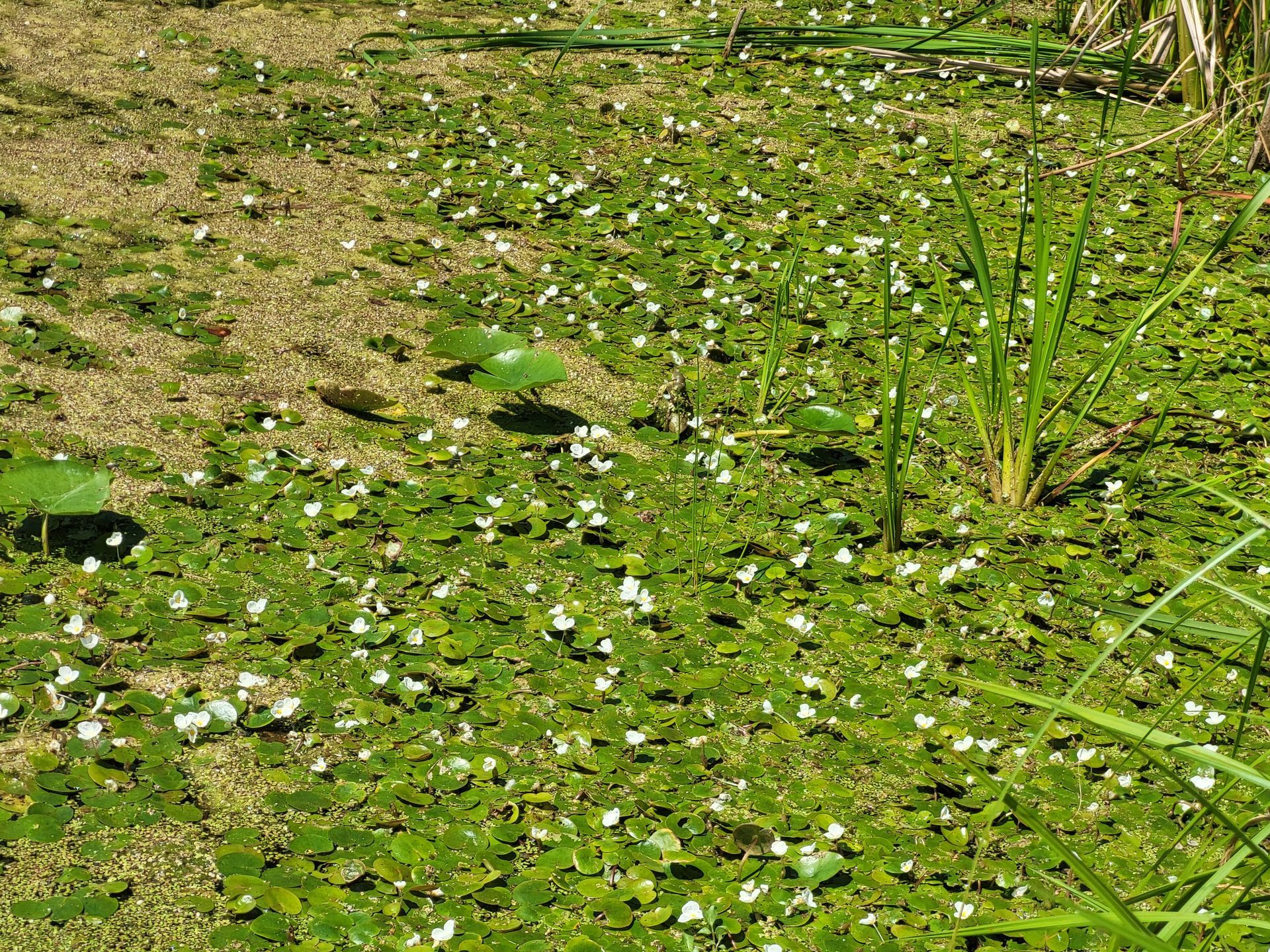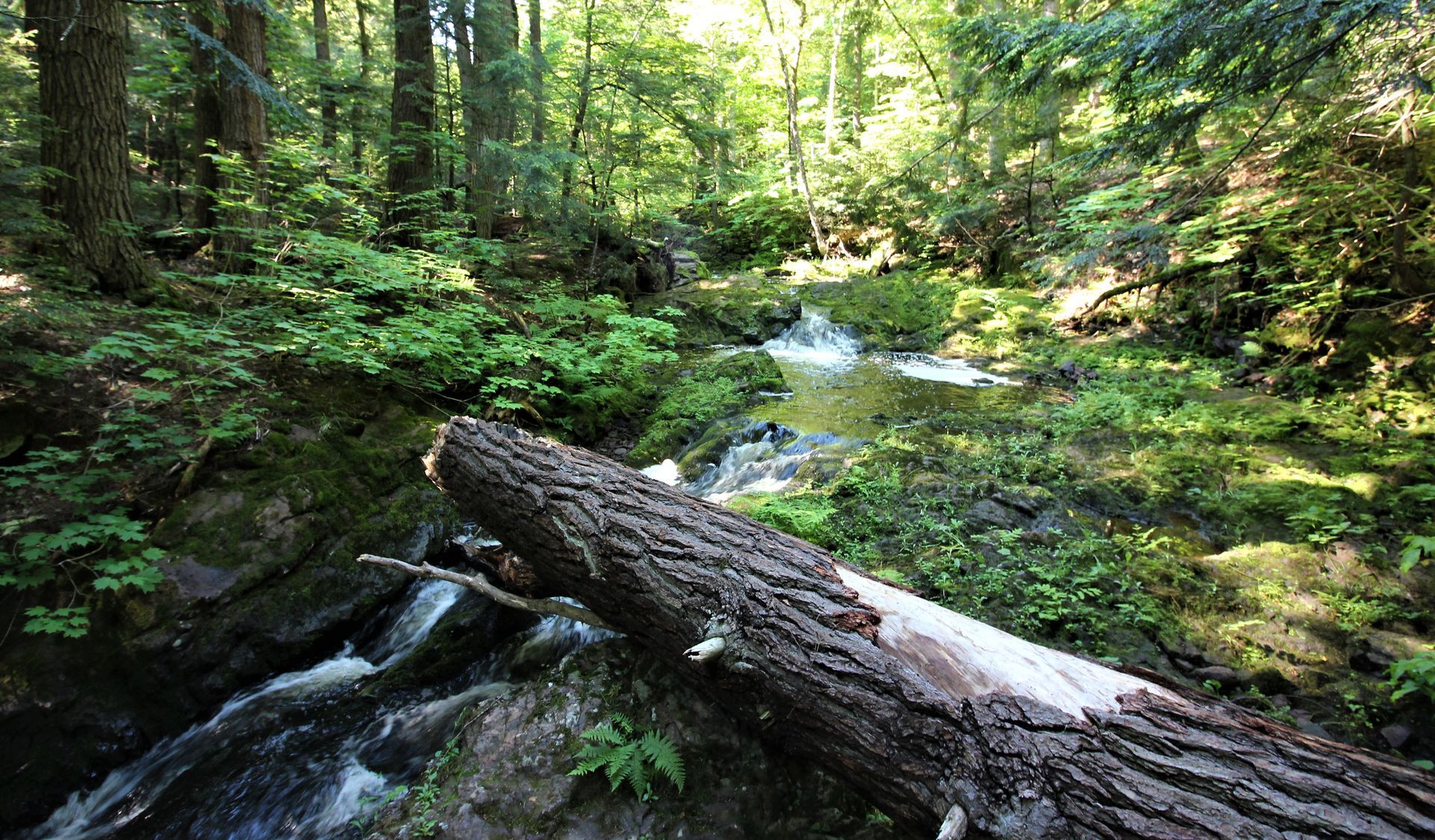Navigating Forest Road Closures
Without a place to start, navigating forest road closures can be a difficult process.
Public Act 288 directs the Department of Natural Resources (DNR) to inventory, provide maps and provide the criteria for closure of any of Michigan’s state forest roads and trails.
The act states that in developing the system, the department will consider the needs of hunters, senior citizens and individuals with disabilities.
According to section 81101 of the Natural Resources and Environmental Protection Act (NREPA): A “forest road” is any “hard surfaced road, gravel or dirt road, or other route capable of travel by a 2-wheel drive, 4-wheel conventional vehicle designed for road use.” This definition excludes streets, county roads, or highways.
Section 72118 of the Public Act covers the DNR road inventory process.
The actual inventory consists of land identification, an assessment of the condition and development level of the forest road, the types of vehicles that are currently restricted, and the seasons of those restrictions.
The DNR Forest Road Inventory page is linked here for specific information regarding the DNR’s process and timeline for road reviews.
Within each region, forest roads are open to motorized use by the public unless otherwise stated or designated by the DNR. Except in emergency situations, the DNR cannot restrict a new road without a written notice to respective units of local government that includes a reason for restriction.
ORV (off-road recreational vehicle) use on forest roads follows the same guidelines stated in section 72118 . Any inventory or road closure process revisions must be submitted to the Natural Resources Commission (NRC), the DNR, and the appropriate legislative staff.
Other specifics relating to the conditions of ORV usage on forest roads can be found in the remainder of section 72118 . This includes information on speed regulations, vehicle types, and vehicle equipment.
According to the DNR’s website, “the implementation of the law has resulted in 89% of state forest roads being opened to ORV use.”
The DNR has a State forest roads page that outlines which forest roads are open to ORVs, defines the current road inventory, and explains the annual review process and different types of road proposals.
The Forest Roads Web Map consists of an interactive map and printable maps to make finding specific roads easier for users.
The web page also has a comment section where concerned individuals can provide a snapshot of the road area in question and details regarding their concerns. Public comments must be submitted by August 31 of each year in order to be considered for potential reviews or updates that will occur by April 1 of the following year.
MUCC was instrumental in passing section 72118 within Public Act 288, per our grassroots policies related to ORV usage.
Our policy supported the DNR ORV draft with suggested changes: the inclusion of a clear definition of “Forest Road,” the assurance that all roads be inventoried prior to implementing the plan, and that the DNR Trails Advisory Council review inventories.
The NRC holds discussions of land use order information at select meetings. The schedule and locations of these meetings can be found here.
To ensure our natural resources remain protected and managed thoughtfully and our outdoor heritage defended, join Michigan United Conservation Clubs today: http://bit.ly/JoinMUCC .
The post Navigating Forest Road Closures appeared first on Michigan United Conservation Clubs.
Recent Posts



